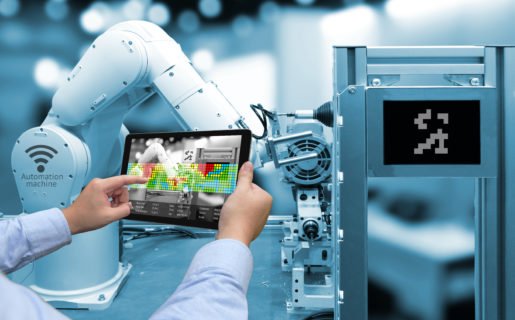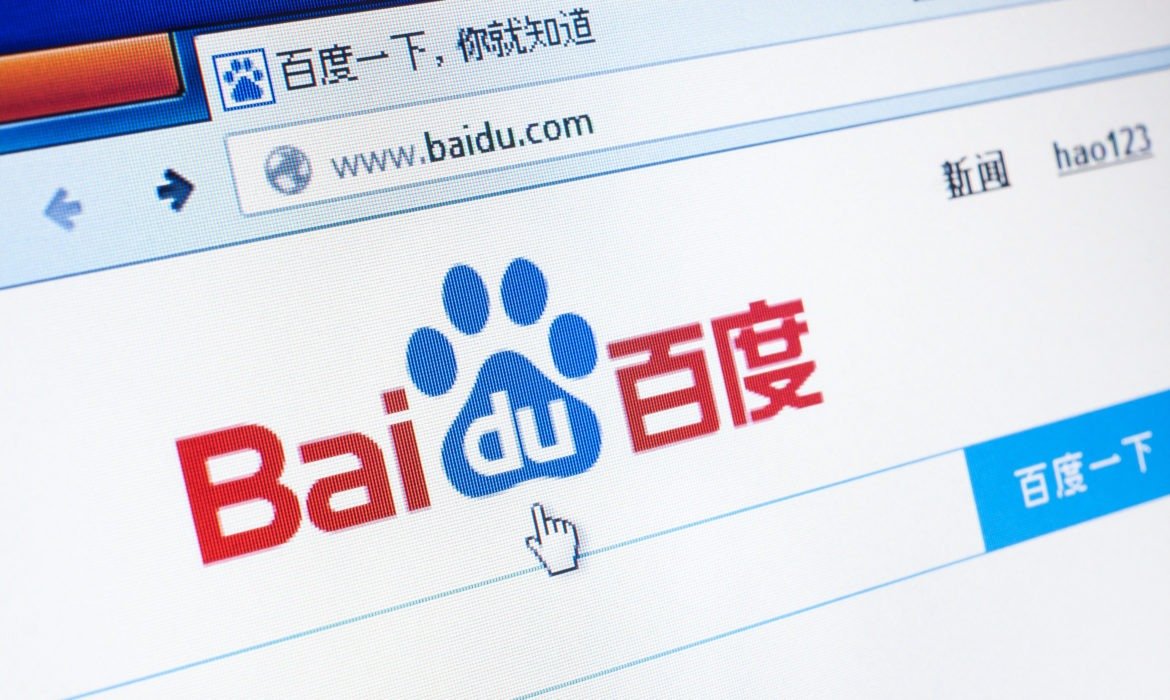Artificial intelligence drives industrial transformation around a variety of sectors. We are only just starting to scratch the surface of artificial intelligence’s capabilities. Nevertheless, some industrial innovations have not yet arisen. Examples can be forest inspections for the prevention of fire hazards. However, the benefits of artificial intelligence, when coupled with deep learning, have a wide-ranging impact. Artificial intelligence-powered forest drones have helped 155 forestry bureaus to expand the range of forest inspections in Southeast Asia. It has grown from 40% to 100% and performed up to 200% more efficiently than manual checks.
Behind those smart drones, there are well-trained models of deep-learning models based on PaddlePaddle. This is the first open-source deep-learning platform from China. Some mainstream artificial intelligence frameworks are Facebook’s PyTorch and Google’s TensorFlow. It is providing software developers of all skill levels with the resources, tools, and services they need to implement and rapidly adopt deep learning at scale.
More than 84,000 enterprises and 1.9 million developers globally are using PaddlePaddle. Industries throughout China use the platform to create applications for their own sectors. These sectors can be health-care industry applications to combat COVID-19 to autonomous vehicles.
The coronavirus pandemic spread over 150 countries. As a result, it has caused a global economic shock. The epidemic increased demands for the transformation of artificial intelligence. Haifeng Wang is the chief technology officer at Baidu (PaddlePaddle creator). He said that now is an unprecedented opportunity for the development of PaddlePaddle. This is because of the acceleration of AI-powered infrastructure and the rise of industrial intelligence.
Artificial Intelligence and Deep-Learning
Wang added that they would continue embracing an open-source spirit in driving technological innovations. Moreover, they will pursue partnering with developers to advance artificial intelligence and deep-learning technologies. They also want to speed up the process of industrial intelligence.

Deep-learning technologies create opportunities for revamping operations, productivity, and workload management. This happens even in traditional industries such as waste management, energy, forestry, and manufacturing. In waste management, for example, artificial intelligence transforms waste picking, reduction of carbon emissions, and supports efforts to converse natural resources, and so on. More than 2 billion tons of municipal solid waste, according to a World Bank report, is produced in the world each year. Dealing with waste manually exposes waste pickers to any number of hazards and risk factors. This makes it critical for the development of innovative artificial intelligence technologies.
The United States and Europe are extensively using computer-vision technology to detect different types of waste, such as cardboard, glass, and plastic. This will make waste sorting more efficient. Nevertheless, the task is not as useful in all countries.
Zhiwen Zhang is the CEO of Jinlu Technology. He said that using traditional computer-vision models in China was useless. This is because garbage in China is not compatible with what the technology can detect. Moreover, Complications are now arising in identifying various types of waste and with the detection quality.
Zhang is also a computer-vision veteran. He eyed PaddlePaddle to develop applications for improving waste sorting in China. He says that the industry lacks the expertise for deep leaning.
















